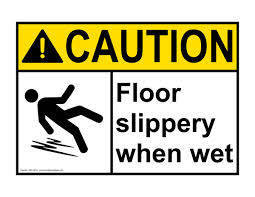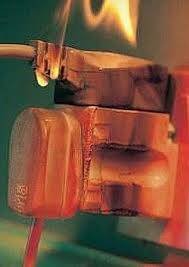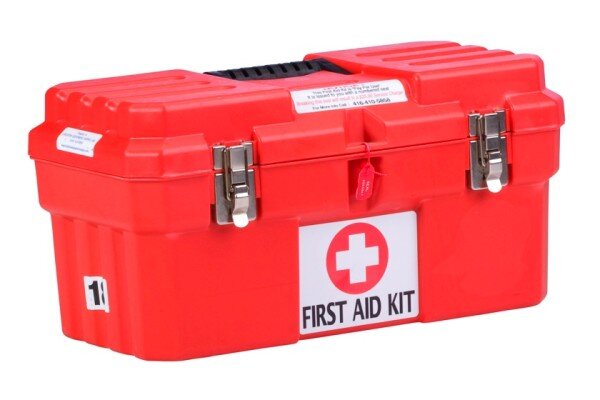The home workshop is the DIY enthusiast’s palace and this is where a lot of work gets done. Hours are spent drilling, grinding and welding for all kinds of fixing and building jobs. Unfortunately, most of us have the same mindset when it comes to safety, thinking that a bit of common sense is all that is needed to be safe. A lot of DIY related accidents happen in the USA every day that could easily have been prevented.
Create A Safe Work Area
Safety in the workshop starts with creating a safe working environment. Take one day to tackle the workshop and make it a safe place to work. There are three very important items that every home workshop should have to make it safe.
1. First-aid kit: your first-aid kit should include bandages, plasters, burn treatment cream, gauze, scissors, stitching tape(steri-strips) etc.
2. Smoke detector: a smoke detector is vital and can save your life. Sparks from an angle grinder can cause a fire without you realizing, a smoke detector will alert you to this. Make sure to check the batteries of the smoke detector regularly.
3. Fire extinguisher: keep the fire extinguisher in an easily accessible place. Frequently check the charge status of your fire extinguisher.
Clean Up!
A clean workshop is much safer than a messy one, start by getting rid of any items on the floor that can be in the way. It is very important to have a floor clean of any items that can be tripped over and cause you to fall and injure yourself. The workshop floor should be dry at all times, not only is a wet floor slippery but can be extremely dangerous when working with electrical equipment. Never do any welding work on a wet floor.

Storing:
Be sensible when storing or stacking items in your workshop. Do not stack items in such a way that they can easily topple over. Invest in shelves to store your tools and equipment, not only does it look far better but is much safer as well. Installing shelves in your workshop or garage is a great DIY project and can be done in one day. Another good tip is to keep empty jars from the kitchen to store bolts, nuts, and screws.
Electrical:
Do not place items in front of the breaker box. In case of emergency the breaker box should be easily accessible, this is VERY important and can save your life! Make sure that all electrical outlets work properly and are secured to the wall. Inspect the plug sockets regularly.

Communication:
Communication is an important aspect of safety and, most of the time overlooked. Always make sure that a family member knows that you are working in the garage or workshop. Always have a mobile phone with you. This will be of great help if something does happen to you and you’re not able to go and get help.
DIY work doesn’t have to be dangerous, if you are sensible, keep your workshop clean and follow these basic safety tips, you will be able to tackle all kinds of work without incident.
The article Easy Ways To Improve Your Home Workshop Safety was written by the admin staff of The DIY Hubby. For more articles on safety, see our DIY safety category.



